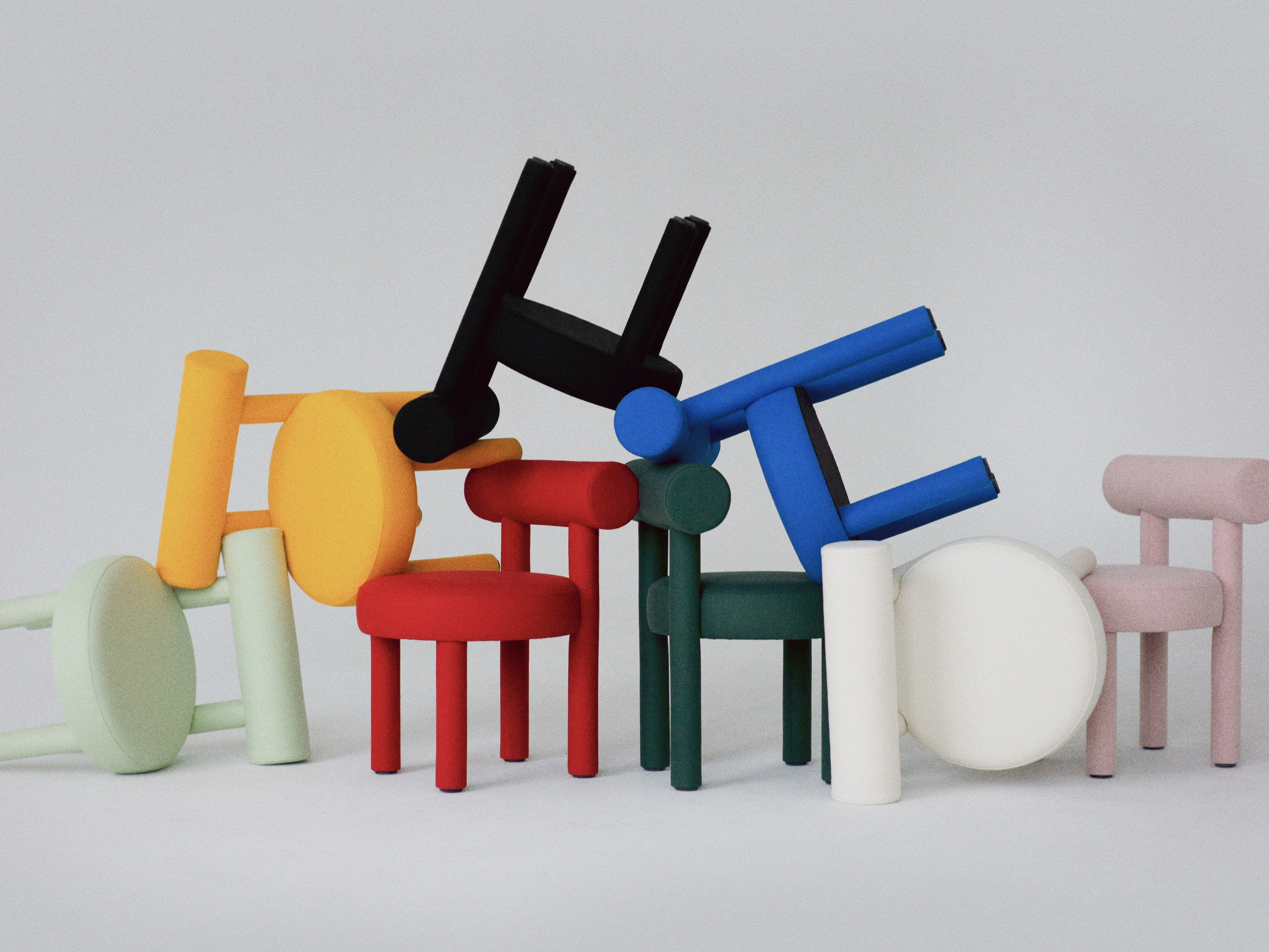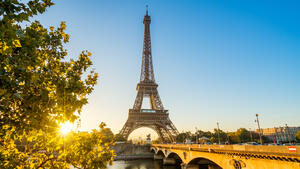After co-founding Gogola Agency, a communications firm based in Los Angeles and Kyiv, in 2019, CEO Anna Pagava came to a realization: People around the world don’t always have an accurate understanding of modern Ukraine. When pitching beauty brands, she was met with surprise by many who assumed the country’s sole export was agriculture; one of her colleagues, meanwhile, was asked if the country had supermarkets.
In another political era, such misconceptions might be written off. But since Russia’s invasion of Ukraine, which began in 2014 and escalated sharply in February 2022, the country’s small and mid-size businesses have taken on a much larger role in supporting its overall economy, which shrank by a third last year in the largest fall since Ukraine gained independence from the Soviet Union in 1991. When the conflict began, Pagava and her team began brainstorming ways to support the country’s creative industry while showcasing the breadth of its cultural offerings to the rest of the world.
“There are many stereotypes about the type of culture that we have and the level of development that we’re at,” says Pagava. “I wanted to [create] something that will show that Ukrainian brands are at an amazing level, and our creators can do [seemingly] impossible things even throughout the invasion.”
This weekend, those goals are coming to fruition with the debut of the I Am U Are Ukrainian Creators Fair, a design expo representing the work of modern Ukrainian makers from the fields of art, fashion, home and technology, held from March 24 to 26 at the Skylight at Essex Crossing venue on Manhattan’s Lower East Side. More than 120 makers have signed on to present at the fair, showcasing an array of art and home goods—including ceramics, furniture, rugs and original artworks—as well as clothing, jewelry and photography.
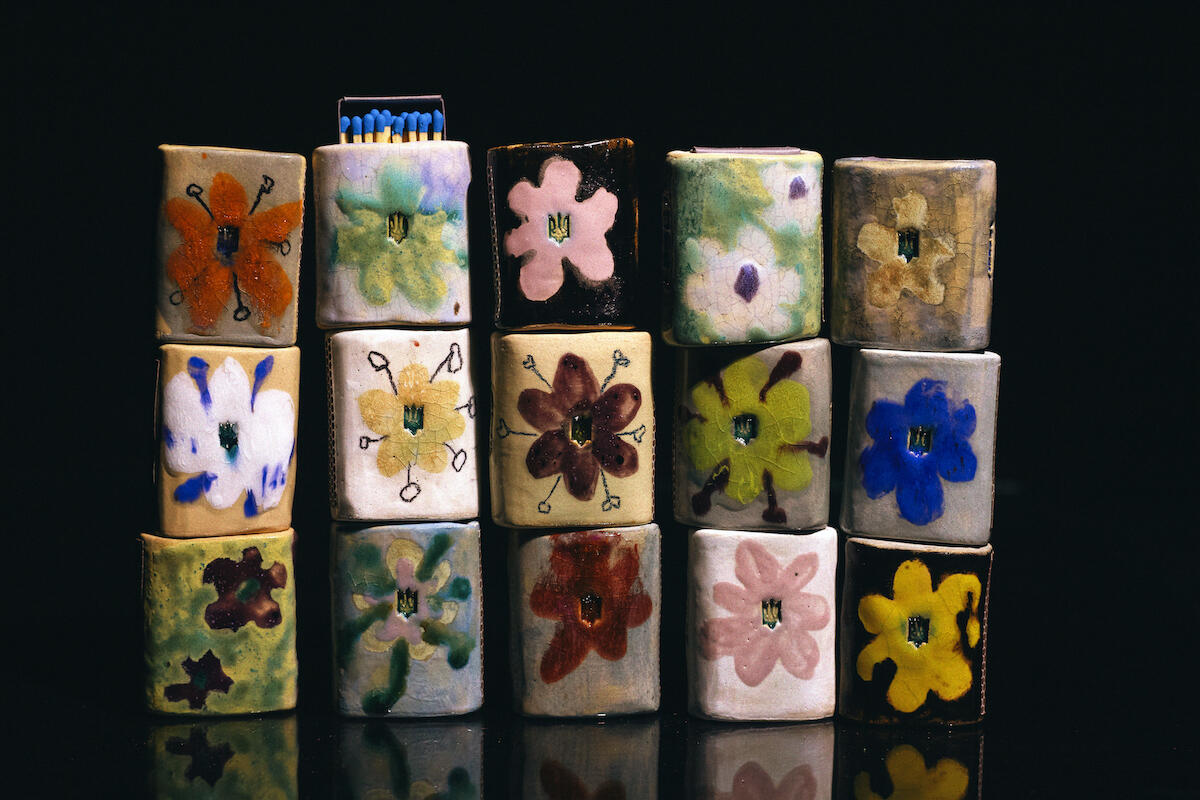
Open to commercial buyers and regular consumers alike, the event includes some names that visitors might recognize, including celebrity favorites like womenswear brand Bevza and outerwear brand Ienki Ienki, both of which regularly debut new collections at New York Fashion Week. As for the home category, the fair will host a variety of ceramics brands—ranging from the avant-garde Reamor Ceramics to traditional craft producers like Yakush tableware—along with contemporary furniture brands like Mapico, whose sheep’s-wool-upholstered furniture is produced in the Carpathian Mountains, and Noom, which has created a limited-edition color palette of its popular Gropius chair specially for the event. Beyond product offerings, the event also includes exhibitions showcasing Ukraine-based tech projects, which will allow visitors to test out AR-enabled virtual clothing and explore bionic prosthetic technology.
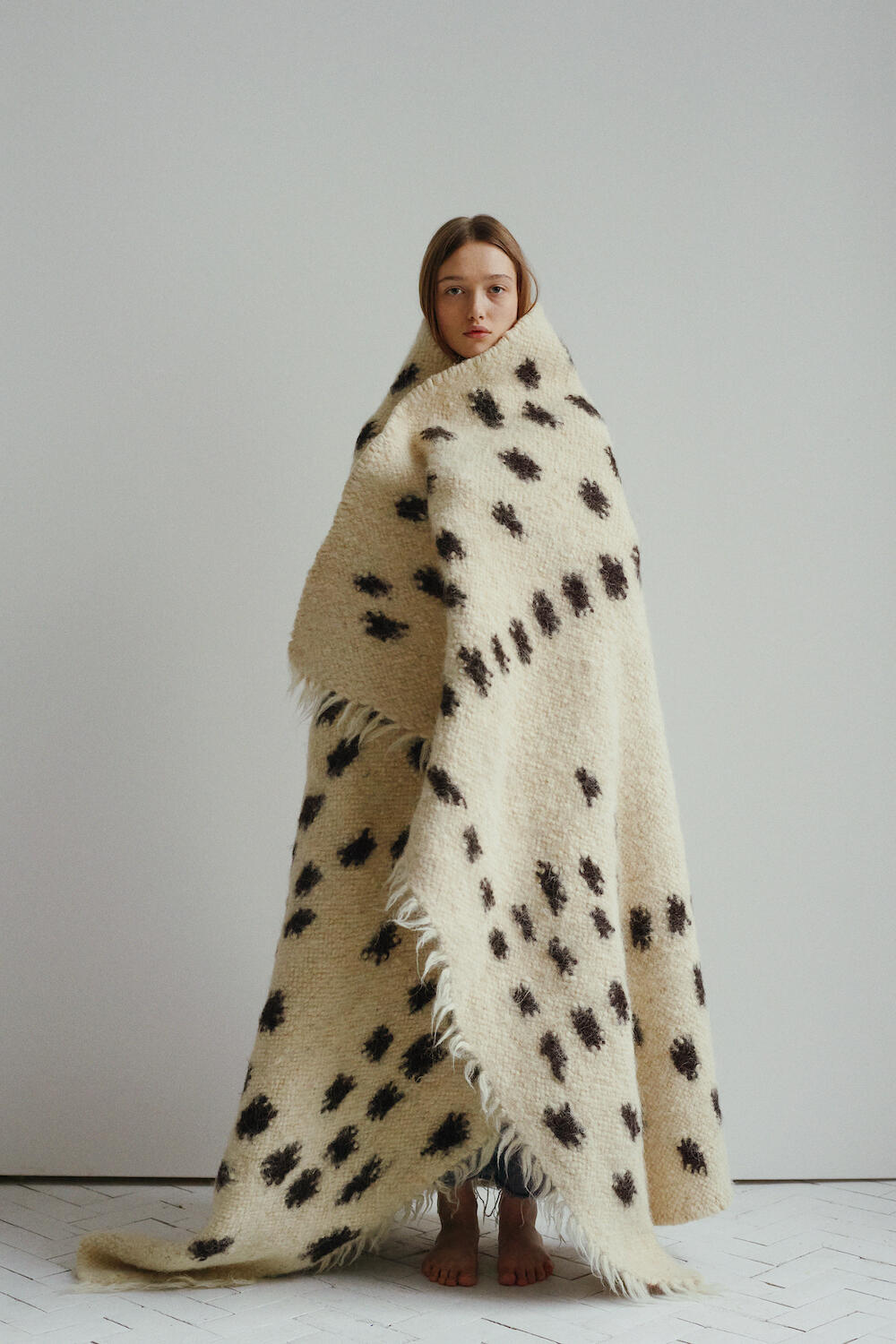
The event’s offerings are a far cry from the undeveloped view of Ukraine that the fair’s organizers have faced in other parts of the world. It’s a problem with roots deeper than cultural ignorance, Pagava explains, as recent research points to the Soviet Union’s propaganda efforts to depict Ukraine as a primitive society without modern achievements or culture—essentially “bringing it all down to the flowered headband and the brightly colored dressing,” says Pagava. Part of the fair organizers’ mission in hosting I Am U Are is to combat that global misinformation.
Under the country’s current conditions, organizing the event has not been without its challenges. The team that organized the fair—which includes Pagava, Gogola co-founder and hospitality expert Kristina Skripka, creative director Masha Reva and craft curator Nadiia Shapoval—is spread across the U.S. and Ukraine. For the latter cohort, the process of securing sponsors, exhibitors, permits and other event details was completed during frequent attacks and electricity outages, which repeatedly postponed the fair’s timeline.
“It was quite complicated sometimes to get things done in time or get them done properly,” says Pagava. “Plus, everybody’s state of mind changes and it’s very hard to stay focused on the project you’re creating while there are explosions at your place—everything changes at that point.”
The same goes for the event’s exhibiting makers. Many have continued creating in Ukraine throughout the attacks, despite losing team members to relocation or facing manufacturing issues due to the destruction and power outages wrought by shelling—which have forced many to work under headlights or with emergency generators to produce the items shown at the fair.
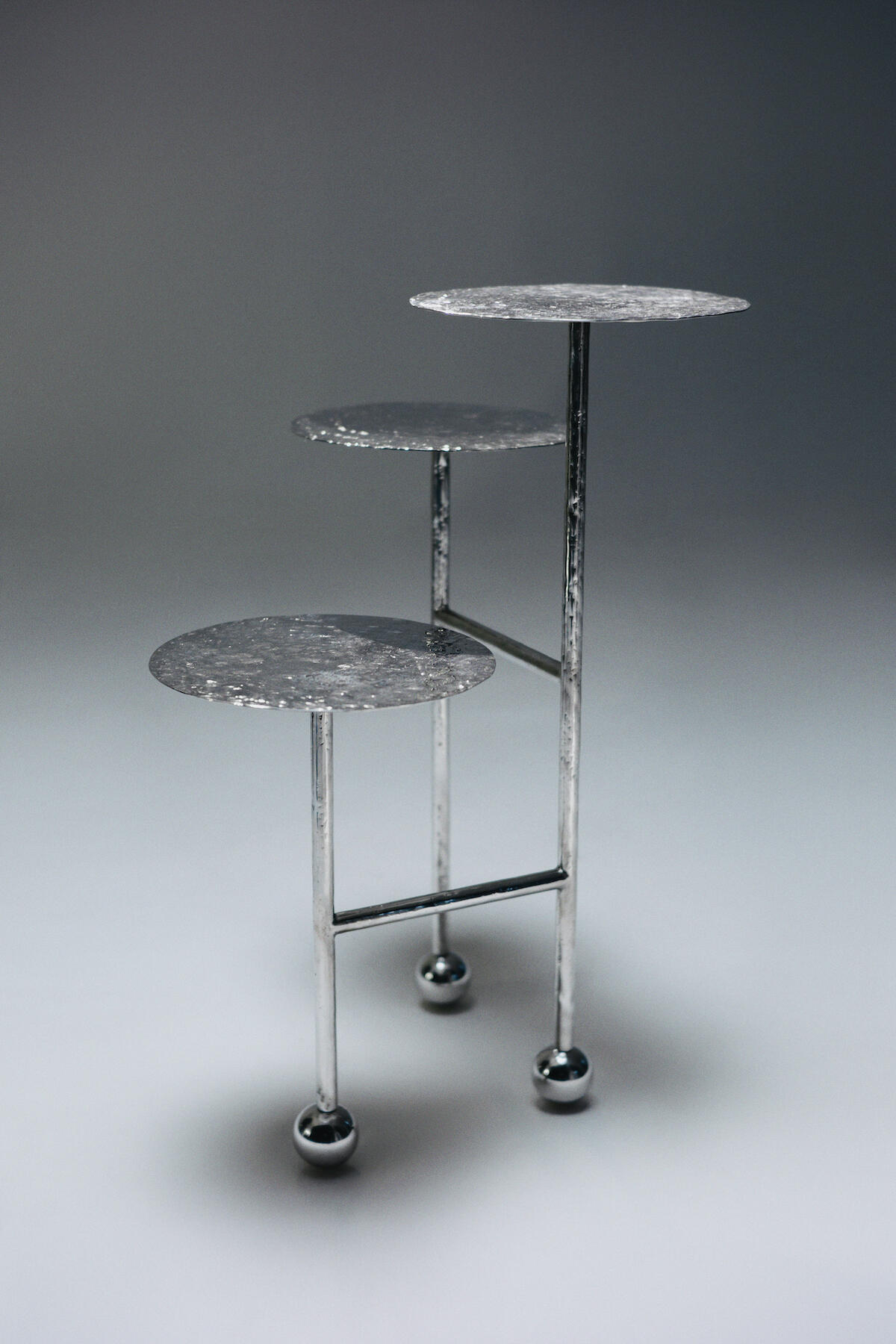
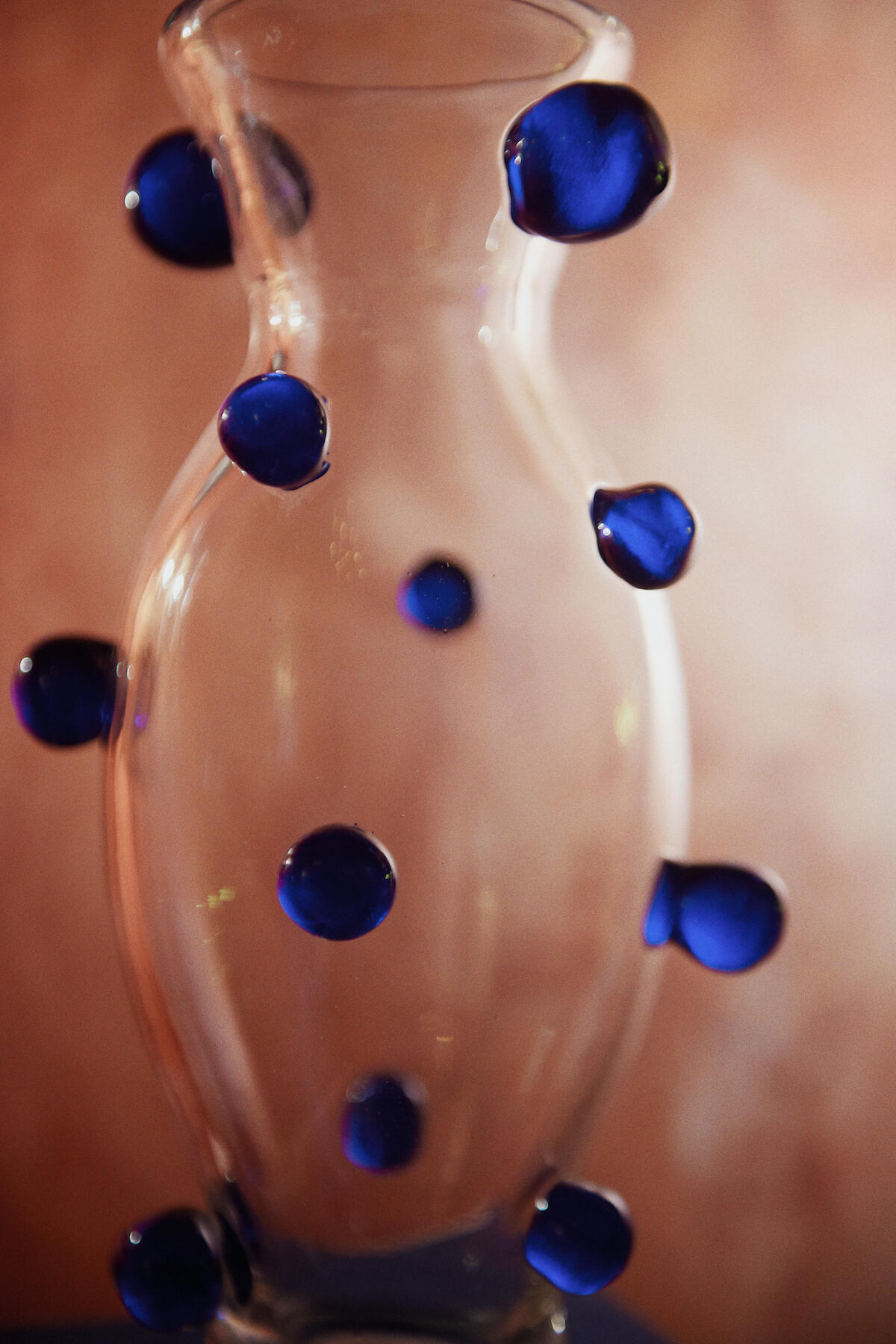
Not all makers and fair organizers were able to obtain visas to make the journey to the U.S.—Ukraine’s travel ban on most men ages 18 to 60 has contributed to a far greater number of female vendors in attendance. The logistics of transporting goods from Ukraine to the U.S. during the war was a roller coaster riddled with delivery delays and cancellations for many of the exhibitors. Some creators ultimately opted to carry their goods with them during their travels to the fair. For the products that did arrive, I Am U Are has set up a warehouse in the U.S. for fair attendees who purchase products, and makers are also in the process of working with American distributors and collaborators to continue serving the new market after the event has concluded.
Even amid unthinkably challenging conditions in their home country, Pagava says all of the exhibitors plan to remain based in Ukraine, joining the fair in the hopes of raising their profile in foreign markets like the U.S. As for the future of the event, Pagava plans to bring I Am U Are back next year—and in the meantime, the organizers will debut an e-commerce site featuring the event’s exhibitors and their offerings during the fair, allowing visitors to continue to support and source from the makers long after the weekend is over.
“We really want [our vendors] to be noticed by people who can take them further, and give them a chance for development when they have been brought down this year so many times in so many ways,” says Pagava. “There have been so many amazing efforts, and we want to add to that process of showing Ukraine for what it really is.”
Homepage image: The Gropius chair by Ukrainian furniture company Noom | Andrew Grey
















